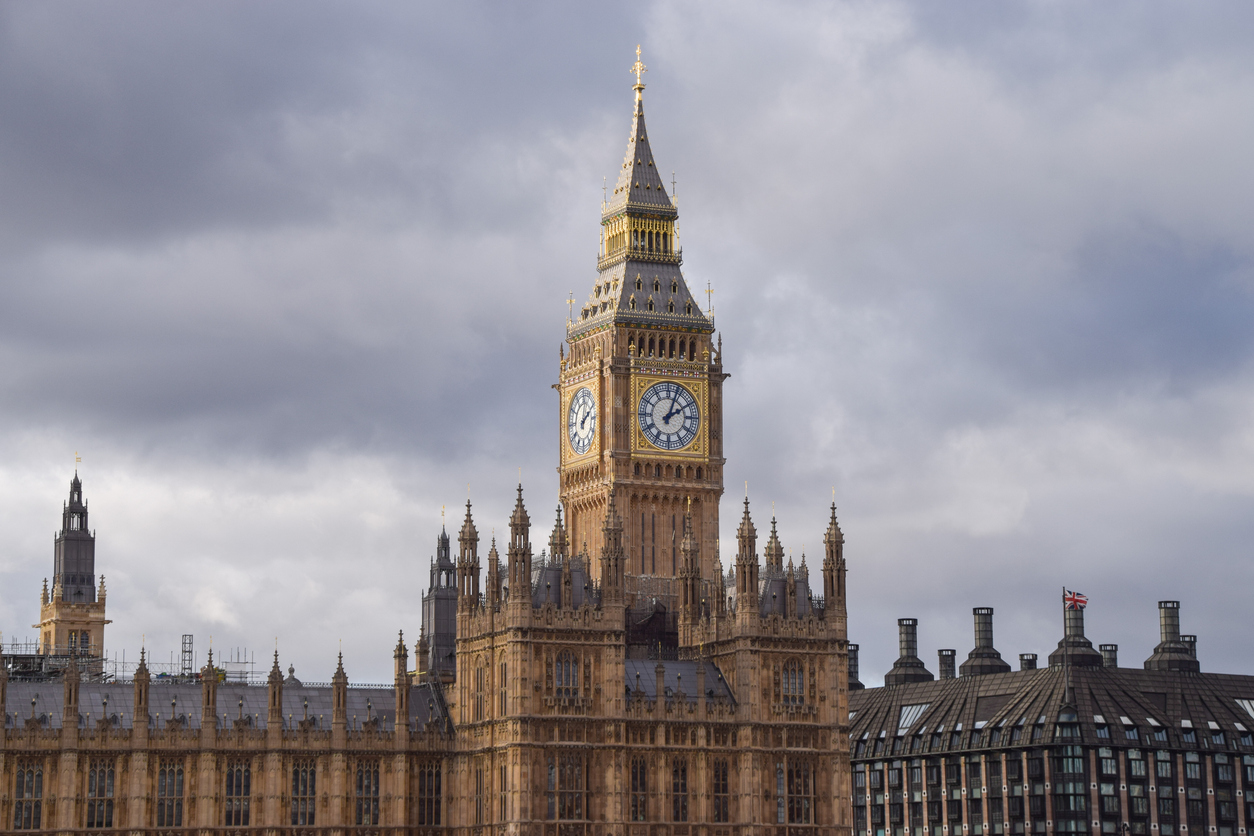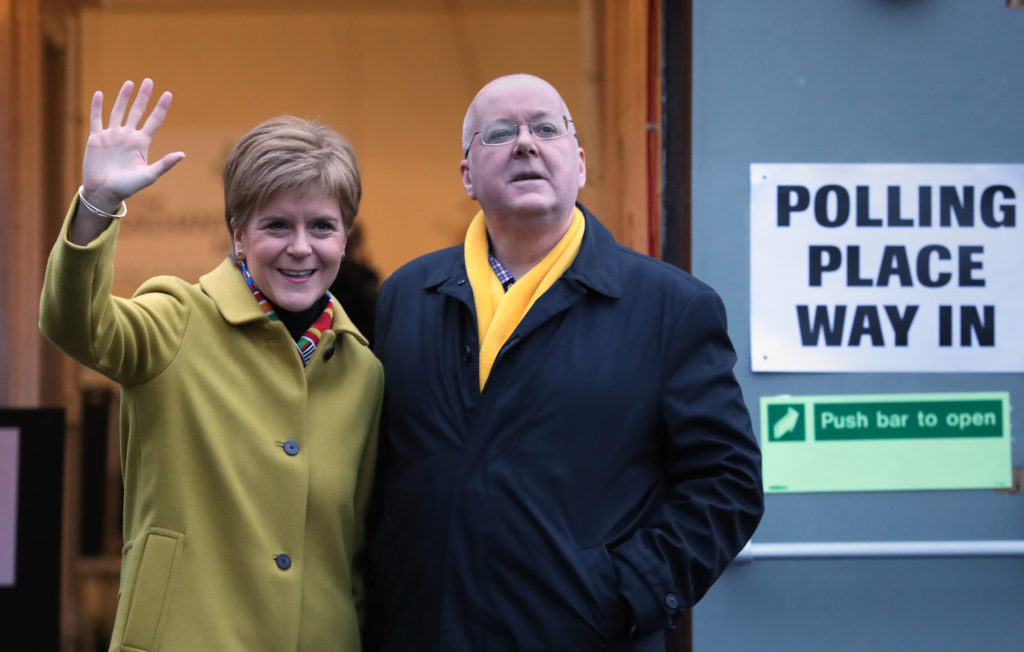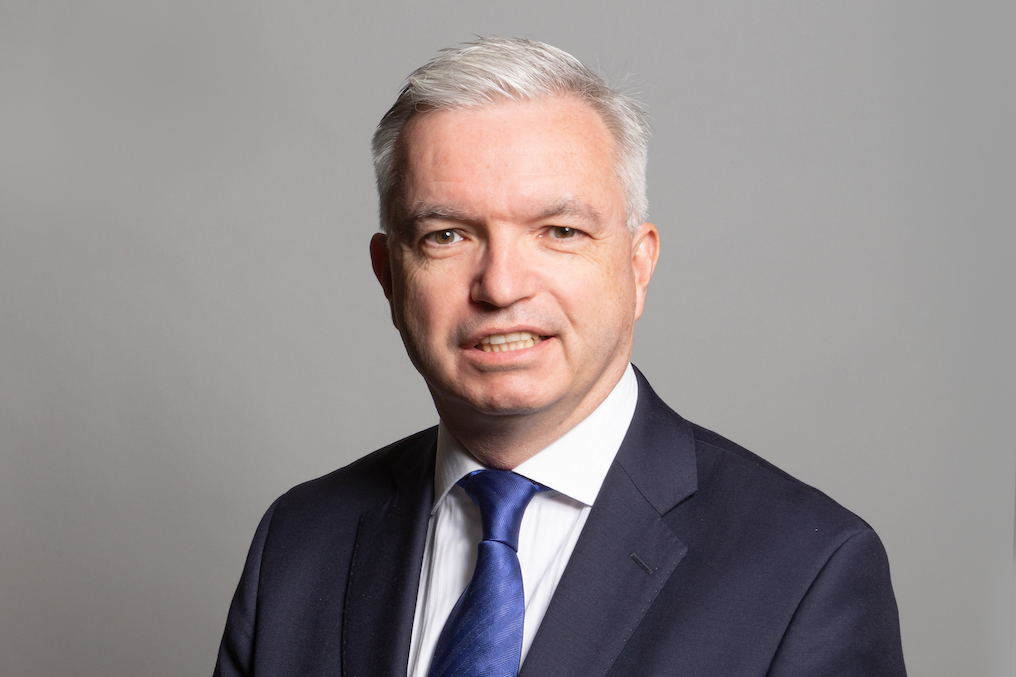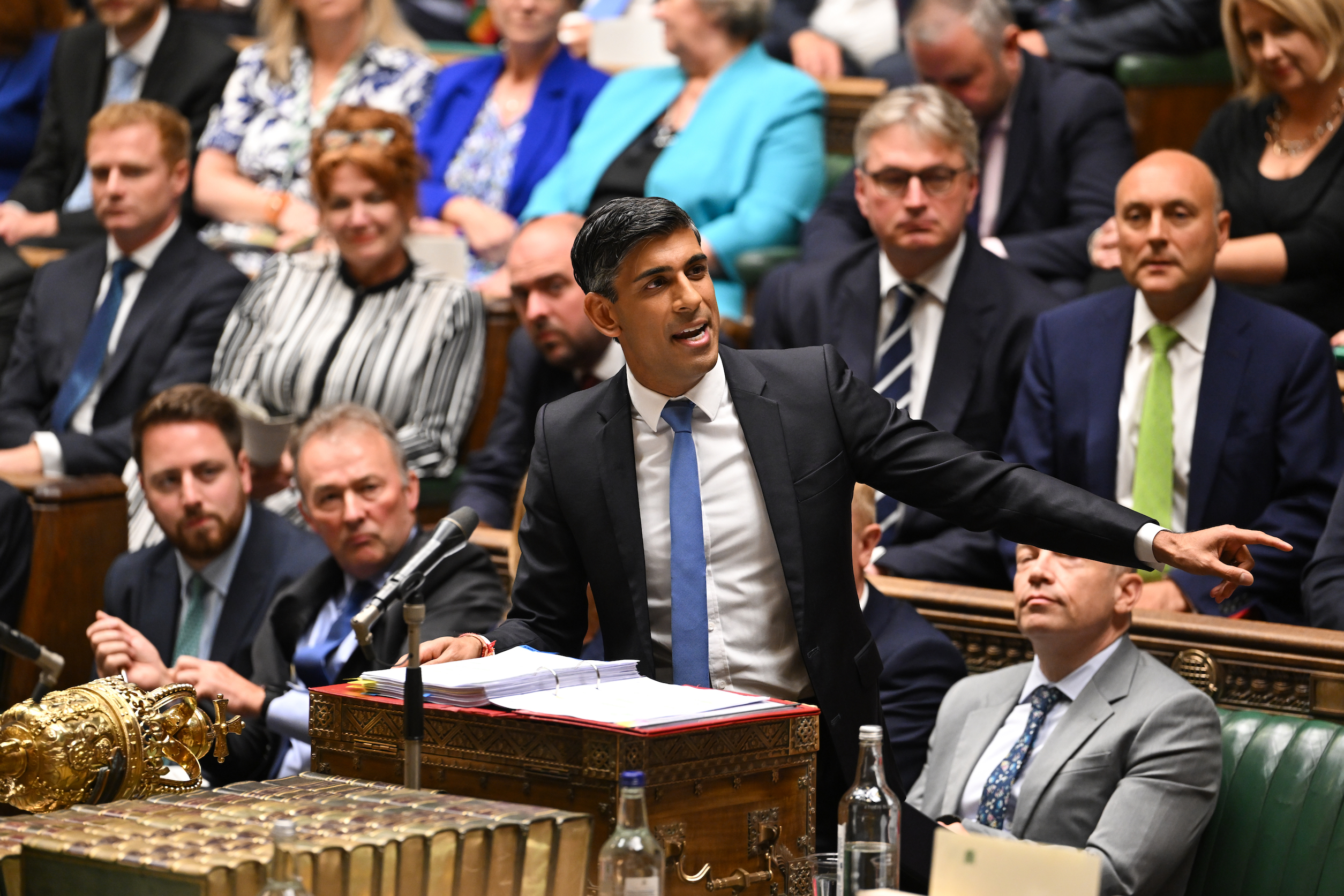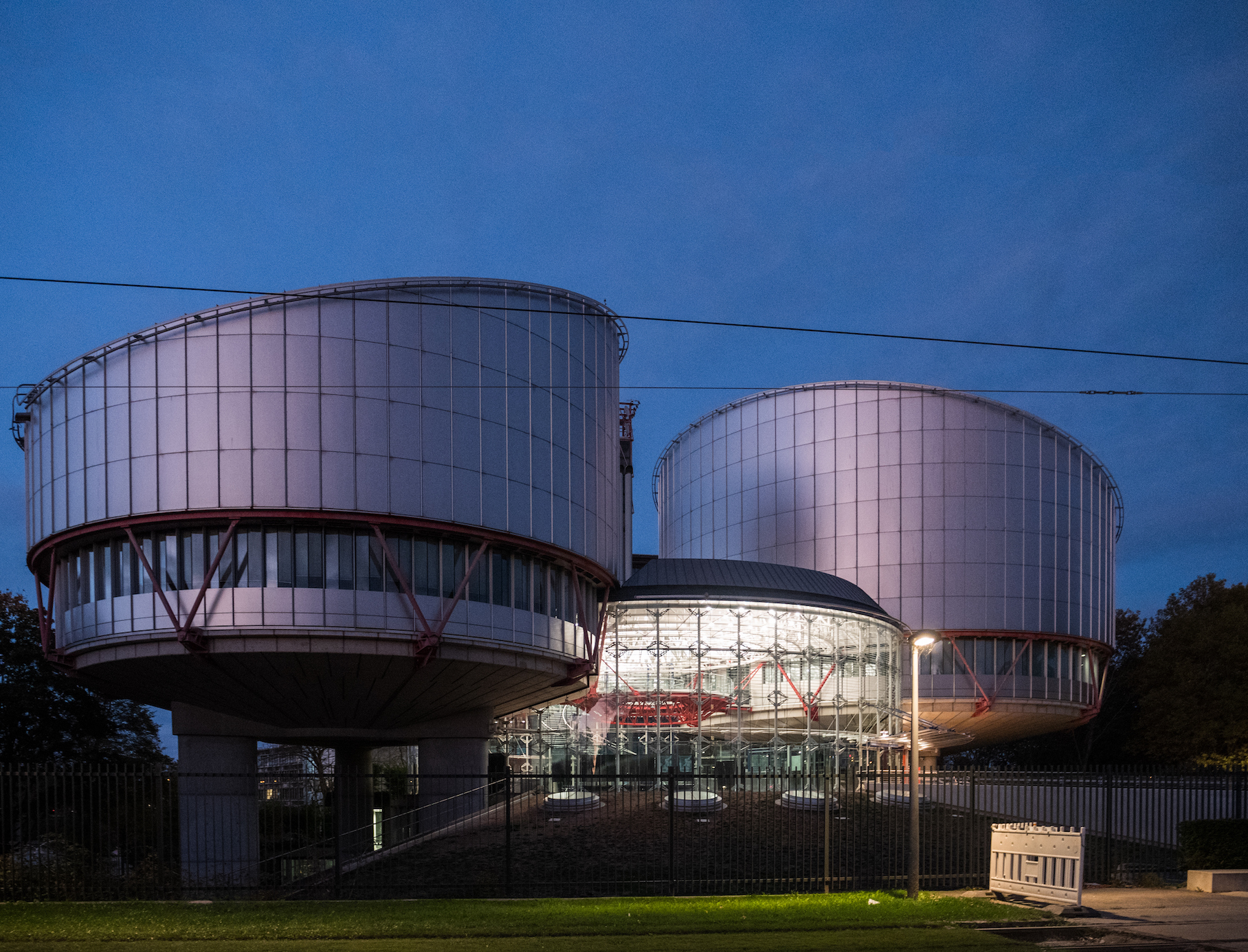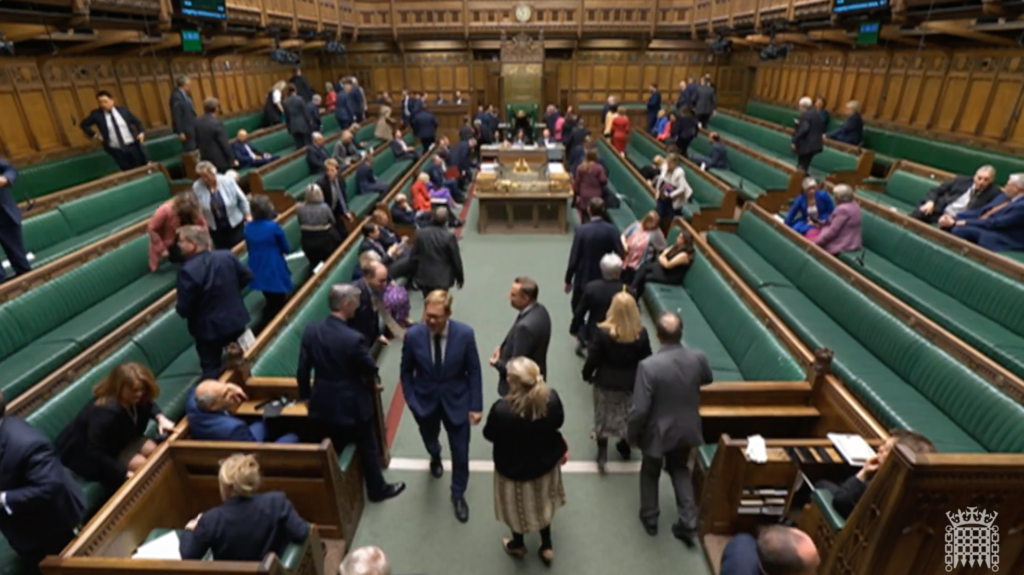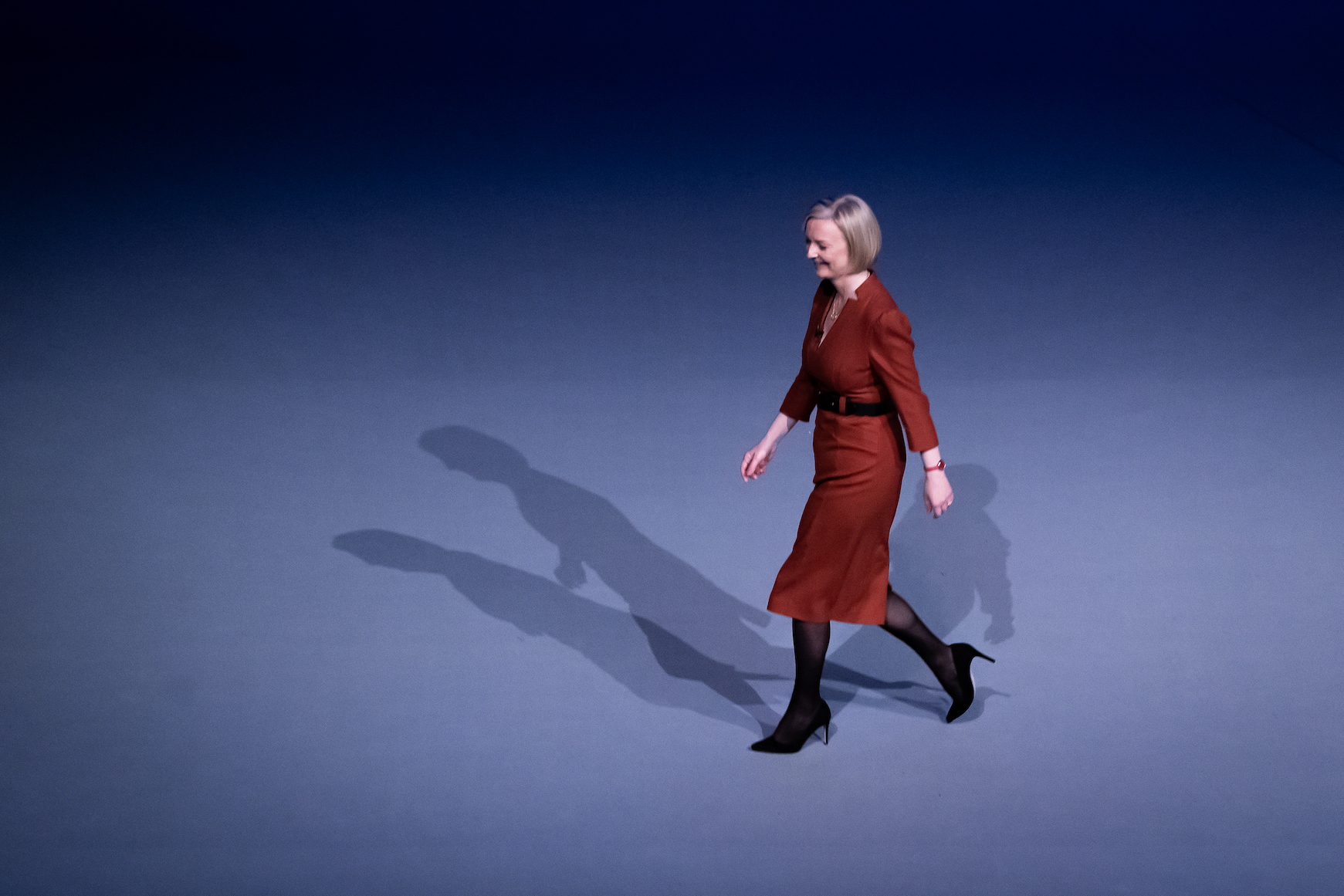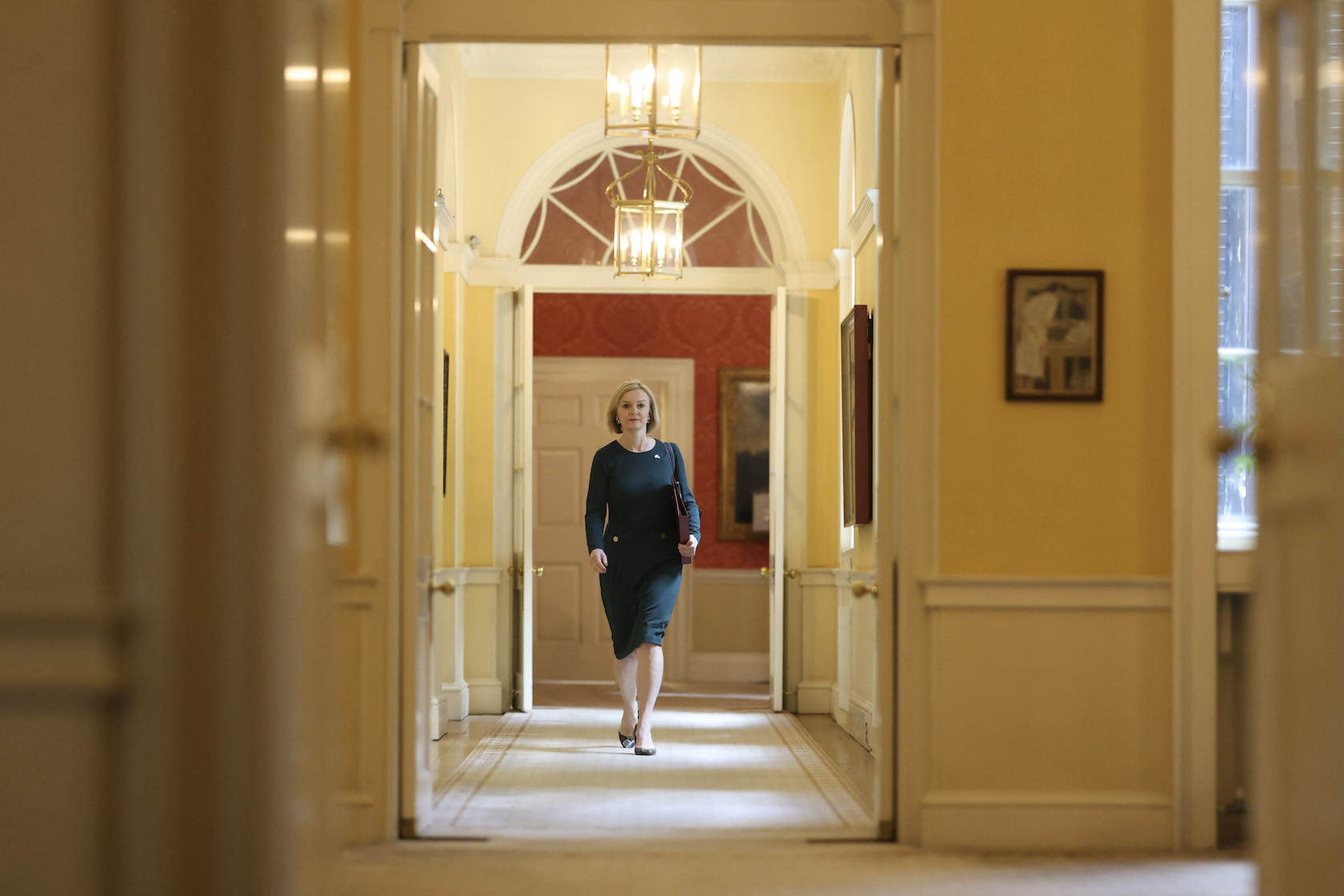Overview
The Scottish parliament first sat in 1999.
The Scottish parliament is based in the Holyrood area of the City of Edinburgh leading the Scottish parliament to sometimes also be called just ‘Holyrood’ , similar to the way that the houses of parliament are sometimes called Westminster (after the area in London where they are located).
The creation of the Scottish Parliament
Scotland had shared a parliament with the rest of the United Kingdom since the Act of Union in 1707. The Scottish Office – the first recognition of Scotland as a distinct entity in UK government – was formed in 1885. The first Secretary of State for Scotland (George Trevelyan) was appointed the following year.
The next key date was 1979. The government of James Callaghan held a referendum on self-government for Scotland. Although a majority of those who voted, backed the proposal, a low turnout meant that the ‘yes’ vote did not represent the required 40 per cent of the potential vote, and the plan was shelved.
The Labour Party had made a manifesto commitment in its 1997 manifesto to hold a referendum on Scottish devolution and on tax-varying powers. After the May 1997 landslide a white paper was published in July.
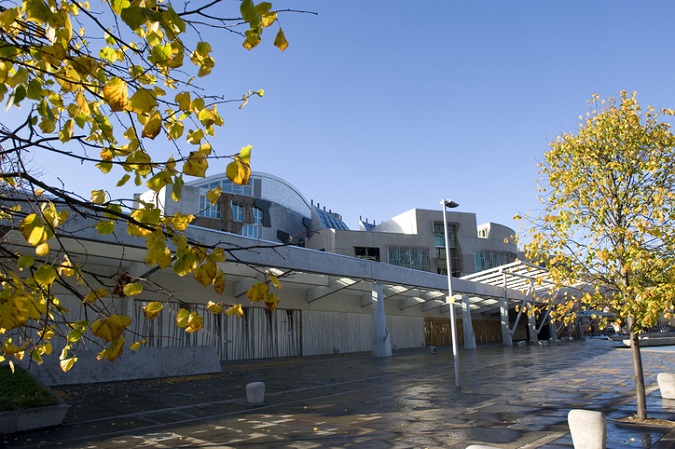
The Scottish Parliament first sat in 1999A referendum was held on September 11th 1999 in which 74.3 per cent of voters endorsed proposals for a Scottish parliament and 63.5 per cent backed tax-varying powers on a turnout 60.1 per cent of the electorate.
The Scottish parliament (Holyrood) was set up through the 1998 Scotland Act. The transfer of powers from London to Edinburgh took place on July 1st 1999, when the parliament was officially opened by the Queen following its first meeting on May 12th. Elections had been held on May 6th as required by the Scotland Act 1998, which brought the parliament into existence.
The powers of the Scottish parliament have been further extended in subsequent acts such as the 2012 Scotland Act and the 2016 Scotland Act.
The Scottish parliament has the authority to initiate and pass primary legislation. The Scottish parliament also now has the power to set the rates of income tax in Scotland, and set the tax band thresholds (excluding the personal allowance) . This applies to all non-savings, non-dividend income of Scottish taxpayers, and took effect from 6 April 2017. This is known as the Scottish Rate of Income Tax.
Membership of the Scottish Parliament
The Scottish parliament is comprised of 129 Members or MSPs (Members of the Scottish Parliament). Members of the Scottish Parliament are elected every four years through the Alternative Member System.
Following the 2021 Scottish parliament elections, the make up of the Scottish parliament was:
Scottish National Party – 64 MSPs
Scottish Conservatives – 31 MSPs
Scottish Labour – 22 MSPs
Scottish Greens – 8 MSPs
Scottish Liberal Democrats – 4 MSPs
In 2020, the salary of a Member of the Scottish Parliament was £64,470. This was approximately £15,000 lower than a Member of Parliament at Westminster.
Sessions of the Scottish Parliament
The Scottish parliament typically meets in a plenary (full) session on Wednesday afternoons and all-day on Thursday. Rarely, parliament will meet in plenary all day on a Wednesday.
Scottish parliament Committees meet on Mondays, Tuesdays and on Wednesday mornings.
Fridays are normally set aside for constituency business.
The Scottish parliament does not sit all year round. There are recess periods when the Parliament is not in session. These recess dates are normally during the following periods:
Summer – normally eight weeks from end of June to end of August
October half-term – normally two weeks in mid-October
Winter festivals – normally last week in December and first in January
February half-term – normally one week in mid-February
Spring festivals – normally two weeks around Easter
A ‘sitting’ day of the Scottish parliament is a day that is not during a recess and is not a Saturday or Sunday or public/bank holiday. A ‘counting’ day is a day when the Office of the Clerk is open, which is normally every weekday except public/bank holidays.
Scottish Parliament agenda
The agenda for the Scottish parliament is decided by the Parliamentary Bureau, which agrees a weekly business motion. Chaired by the presiding officer, the Parliamentary Bureau is made up of representatives of each party with more than five MSPs and meets in private.
Representatives’ votes are weighted in line with their parties’ seats in the parliament, so the executive can use its block vote to control business.
Twelve half-days are allocated to committee business and sixteen half-days are given over to the ‘non-executive’ parties. The Bureau also nominates committee members and designates the lead committees for bills.
Its decisions are put to the parliament by the business minister as Parliamentary Bureau motions. Any vote on a business motion is taken immediately, rather than at decision time. Other votes are postponed until decision time.
The presiding officer can grant emergency debates and statements in response to events or to calls from individuals.
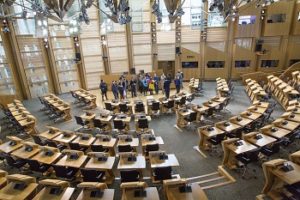
Plenary sessions are held in the main Scottish Parliament Chamber.
When the parliament is sitting, it in plenary session on Wednesdays and Thursdays. The order of business in the Scottish parliament is normally:
Wednesday
Statement (if any)
Debates or legislation
Decision time
Short debate
Thursday
Debates or legislation
Questions to the First minister (FMQs)
Break for lunch
Questions to Scottish ministers
Statements or Urgent Questions (if any)
Debates or legislation
Decision Time
Short debate
The Presiding Officer
The Scottish parliament is overseen by a presiding officer who is elected at the first plenary meeting following an election. The Presiding Officer in in effect the Speaker of the Scottish Parliament. They have a casting vote in any ties in votes in the Parliament.
The Presiding Officer is elected by their fellow Members of the Scottish Parliament after each Scottish parliament election. The office hold is expected to be non partisan, and renounce their party affiliation during the duration of their term.
The Presiding Officer is assisted by two Deputy Presiding Officers who take over from the Presiding Officer when he or she is absent. The Deputy Presiding Officers do not renounce their party affiliation but are expected to be impartial when sitting in the Chair.
In May 2021, the Green MSP Alison Johnstone was elected as the Scottish Parliament’s new presiding officer.
Official Report
An official report of plenary meetings of the Scottish parliament is normally published on the morning following the end of proceedings. MSPs almost always deliver their speeches in English, but they are permitted to use Scots Gaelic if they wish. A translation into English is always provided.
In contrast to the House of Commons, MSPs refer to each other by name, rather than by their constituency. Although they practise the same convention of referring to each other only in the third person, enforcement is less stringent than in Westminster.
Debates
Debates in the Scottish parliament are on a motion tabled by a minister or other MSP.
In most debates, most parties will table at least one amendment to the motion to reflect their views.
Debates allow the parliament to deliberate on pertinent issues that affect Scotland or Scottish people. A spokesperson is called from each party to speak to the motion or to move an amendment.
Backbench MSPs indicate to the chair that they wish to speak. The chair time limits contributions accordingly.
Except in the case of debates that come at the very end of a day’s proceedings, where no votes are taken, votes on amendments and motions are taken at the decision time following the debate. Votes are cast on each amendment move and then on the motion, which may have been amended in the preceding votes. The executive normally prevails.
Voting in the Scottish Parliament (Decision Time)
Voting in the parliament is electronic and almost instantaneous. Members of the Scottish Parliament can choose to abstain instead of voting for or against a motion. Voting normally takes place at decision time, which is usually at 5pm on days when the parliament is in plenary but it can be brought forward by a special motion if necessary.
Votes are called in the order that they came up during preceding business. Votes on motions that would alter the business of the day before Decision Time are taken immediately. Similarly, votes on sections of bills at stage three are taken immediately.









